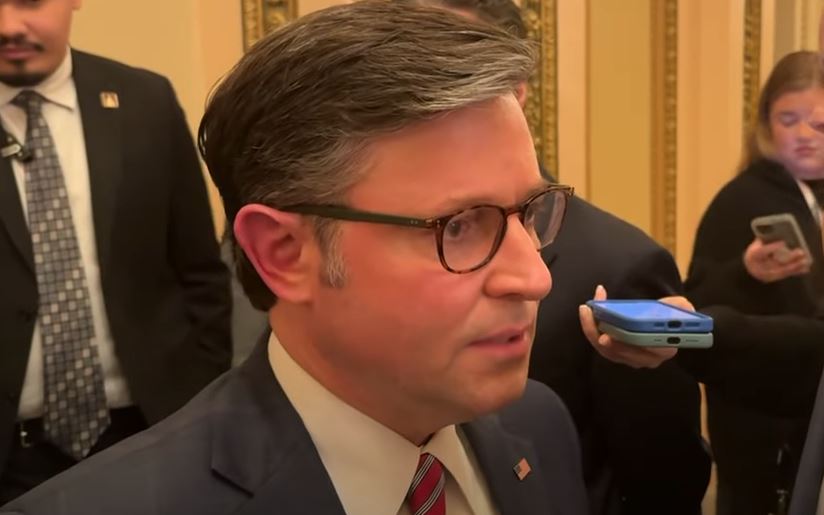Being in charge of one of the most potent law enforcement organizations in the world carries a great deal of responsibility. Christopher Wray is in charge of counterterrorism initiatives, high-profile investigations, and national security activities as the Director of the Federal Bureau of Investigation (FBI). But the figures are unexpectedly low when it comes to his salary.

According to Level IV of the Executive Schedule, a pay grade established by the US Congress, Wray makes $183,800 annually. This sum represents the organized compensation structure for senior government officials, even if it is much less than what CEOs in the private sector make.
When Wray moved from private law practice to public service, he took a significant pay sacrifice despite the immense power and influence his job carries. His dedication to leading the FBI is motivated more by duty than by money.
Christopher Wray: Salary, Career & Financial Overview
| Category | Details |
|---|---|
| Full Name | Christopher Asher Wray |
| Date of Birth | December 17, 1966 |
| Current Position | FBI Director (Since 2017) |
| Annual Salary (2024) | $183,800 |
| Executive Schedule Level | Level IV |
| Previous Salary (King & Spalding) | $9.2 million per year (2016-2017) |
| Estimated Net Worth | $20 million – $42 million |
| Term Length | 10 years (Appointed by President Trump) |
| Official Source | FBI.gov , Wiki |
A Monetary Sacrifice from Millionaire Lawyer to Public Servant
Wray made an incredible $9.2 million a year as a prominent lawyer at the elite King & Spalding law firm before to being appointed Director of the FBI.
He exemplifies the financial sacrifices made by many public servants by choosing to leave a prosperous private-sector profession for a government salary of less than $200,000. Wray’s net worth, which is estimated to be between $20 million and $42 million, provides his financial stability even if his FBI income is relatively tiny.
This significant change highlights the fact that running a federal agency is much more than just making money; it’s about serving the country and ensuring its security.
For what reason does the director of the FBI make less money than private executives?
Many people believe that the head of a major organization like the FBI would make seven figures. Government compensation, however, adheres to a rigid framework:
🔹 The FBI Director’s compensation is not performance-based; there are no bonuses, stock options, or incentives.
🔹 Public sector positions place a higher priority on stability and responsibility than on the accumulation of personal wealth.
🔹 Congress sets the salary through the Executive Schedule, guaranteeing equitable compensation across government agencies.
The FBI Director has unmatched power, managing thousands of personnel and handling important national security matters, even though they are paid significantly less than executives in the private sector.
How Does Christopher Wray’s Salary Compare to Other Roles?
| Position | Estimated Annual Salary |
|---|---|
| FBI Director (Christopher Wray) | $183,800 |
| Private Law Firm Partner | $5 – $10 million |
| CEO of a Fortune 500 Company | $10 – $50 million |
| U.S. President | $400,000 |
| U.S. Attorney General | $221,400 |
What Is the Salary of Christopher Wray in Relation to Other Roles?
Wray’s salary is lower than that of prominent private lawyers, CEOs, and even the president of the United States. His public service position entails influence rather than monetary compensation. His wealth enables him to put leadership and responsibility ahead of money.
The Director of the FBI’s Power: Impact Beyond Pay
Even though Wray makes a paltry $183,800 per year by private sector norms, his impact is unparalleled.
Oversees investigations into significant criminal cases, terrorism, and cybercrime; has direct access to the President and key national security authorities; leads a workforce of more than 35,000 agents and workers; and shapes law enforcement tactics that affect the entire country.
A million-dollar salary is not nearly as valuable to Wray as being able to head the FBI and defend the nation.
Why Do Public Officials Take Lower Salary Offers?
Wray’s decision to accept a sizable wage reduction in order to work for the government is not unique.
✔️ Former FBI Director James Comey resigned from a lucrative private sector position to assume leadership of the agency.
✔️ U.S. Treasury Secretary Janet Yellen left lucrative corporate positions to work in government.
High-ranking officials frequently quit lucrative positions in favor of government pay that provide stability, influence, and a national impact.
The prestige and accountability of public service trump financial incentives, even with the reduced pay.
Not Just a Salary
Given his prior earnings of $9.2 million annually, Christopher Wray’s $183,800 salary may appear low. But his choice to lead the FBI shows that he prioritizes national security over personal benefit.
Because of his fortune, he is able to put leadership before money.
His pay is set by the government and is comparable to that of other high-ranking officials.
His impact on the future of law enforcement goes beyond monetary compensation.
For Wray, the FBI Director position is about more than simply the salary; it’s about leadership, dedication, and duty.
